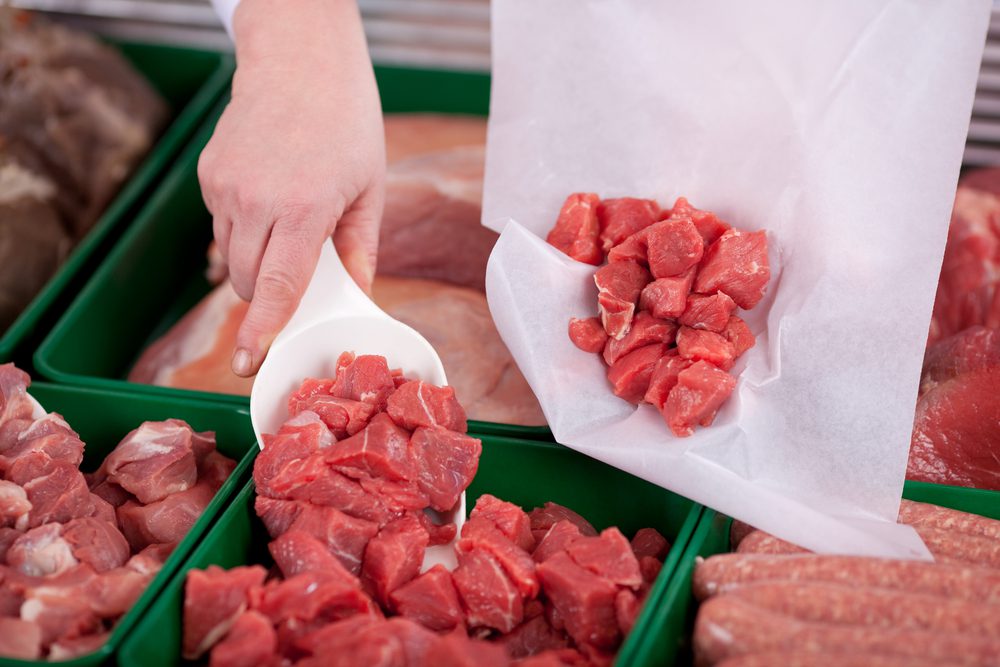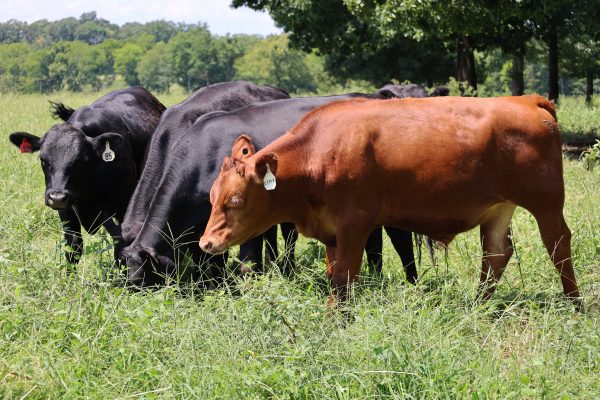By Justin Miller

Alabama’s meat and poultry processing industry is receiving major financial investments through the Alabama Meat Processing Program. The Alabama Department of Agriculture and Industries (ADAI) created this low-interest loan program through funding from the United States Department of Agriculture (USDA).
USDA’s Investment Across the Country
Market concentration within the agricultural industry is a hot topic. Many people believe that the industry is becoming too concentrated, leaving fewer firms to compete with one another. In a recent publication from the USDA Economic Research Service, it reports that critics believe this level of concentration has led to a series of economic impacts. These impacts include higher consumer prices, lower prices paid for farm commodities, increased corporate profits, reduced wages and others.
In March, USDA announced an $89 million investment to support the startup and expansion of independent meat processors. This investment is part of the Biden-Harris Administration’s Action Plan for a Fairer, More Competitive and More Resilient Meat and Poultry Supply Chain. Alabama received $15 million of this allotment.
“The USDA is laser-focused on standing up for America’s farmers and ranchers by expanding processing capacity, creating fairer markets and more revenue streams and market opportunities, which helps bring down food costs for families at the grocery store,” said Secretary of Agriculture Tom Vilsack.
Potential Boost for Local Economies
The Alabama Meat Processing Program allows Alabama’s independent meat processors to make investments in their operations. These investments can include items such as purchasing or constructing new facilities and expanding existing facilities. Processors can also purchase new equipment, cover start-up costs and hire more employees.
Dennis Brothers, an Alabama Cooperative Extension System associate Extension agricultural economics professor, said the supply chain disruptions caused by the COVID-19 pandemic sparked an interest in expanding local meat processors across the country.

“In a recent study, 57% of Alabama cattle producers expressed an interest in adding more processing facilities in the state for their operations to utilize as an outlet for their product or a source for processing their product,” Brothers said.
According to Brothers, the long-term success of new and expanded facilities will depend on how well the owners market the products. In order for the local public to demand a locally supplied product, they must know what is available and how to obtain it. Also, finding the needed workforce to operate these facilities will be crucial to successfully running the businesses.
“We all remember the shortage of beef, pork and poultry on the store shelves during COVID-19,” Brothers said. “If consumer demand and producer interest remain high, the Alabama Meat Processing Program could strengthen the local supply chain for those products and have big impacts on local economies.”
Economists from Alabama Extension and the Auburn University College of Agriculture completed the Alabama Small Meat Processing Feasibility Study referenced above. To read the full study, visit the Alabama Cattlemen’s Association website at bamabeef.org.
Applications Now Open
ADAI’s Alabama Agricultural Development Authority administers the Alabama Meat Processing Program. Interested processors can apply for the program through Sept. 14.
“I want to encourage business owners who are currently engaged in or thinking of starting to process meat (cattle, swine or poultry) to apply for this beneficial program,” said Rick Pate, Alabama’s Commissioner of Agriculture and Industries.
Hassey Brooks, ADAI’s deputy commissioner, said the program will boost Alabama’s rural economy by financing these small business owners.
“This program is going to have a positive impact on everyone within the food supply chain, from the farmer to the processor and ultimately to the consumer,” Brooks said. “We are thrilled that Alabama is one of the few applicants chosen in the country. We hope that we can provide a market for the producers and consumers in the state.”
Source : aces.edu